A lawsuit alleging that Apple's ethnically diverse emoji characters infringe copyright, has been dismissed by a federal judge.
The suit, originally filed in September 2020, claimed that "the world's first diverse emoji" brand was invented by the plaintiff, Cub Club Investment (CCI). First used in 2013, CCI held over 20 copyrights, and at the time had three pending patent applications.
According to Reuters, the case has now been dismissed by US District Judge Vince Chhabria. In his full ruling, Judge Chhabria said that "even assuming the allegations in the complaint are true, the idea is all that Apple copied."
Ideas can not be protected by copyright, only the implementation of those ideas. "There aren't many ways that someone could implement this idea," said Judge Chhabria. "After all, there are only so many ways to draw a thumbs up."
Consequently, the ruling is that CCI owns only "weak" copyrights to do with how its emojis are actually drawn. Apple's emojis are not similar enough to infringe on CCI's work, ruled the judge.
Judge Chhabria has granted CCI a chance to amend its lawsuit, but said "the Court is skeptical that Cub Club will be able to allege copyright or trade dress infringement in an amended complaint."
 William Gallagher
William Gallagher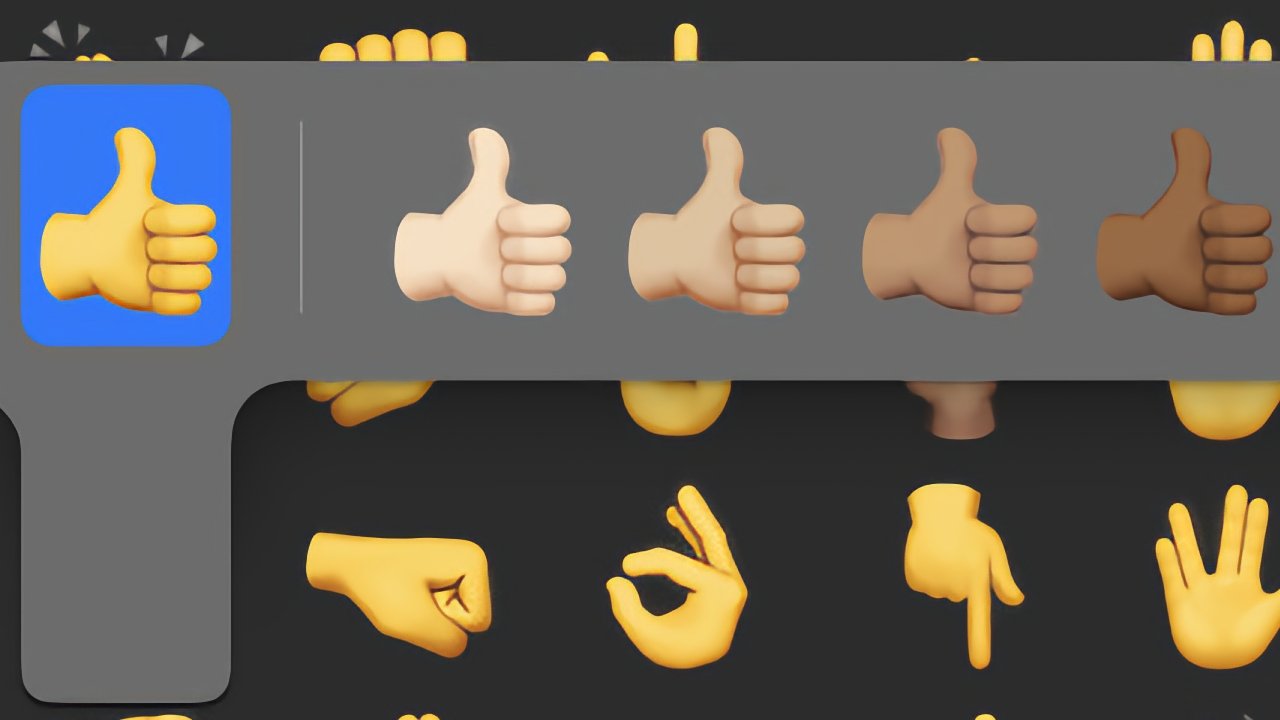


 William Gallagher and Mike Wuerthele
William Gallagher and Mike Wuerthele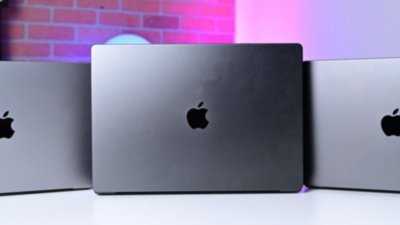
 Andrew Orr
Andrew Orr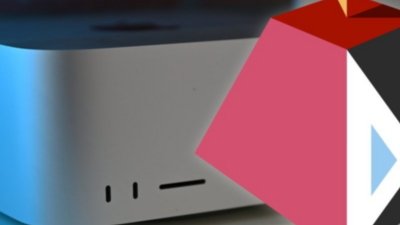
 Malcolm Owen
Malcolm Owen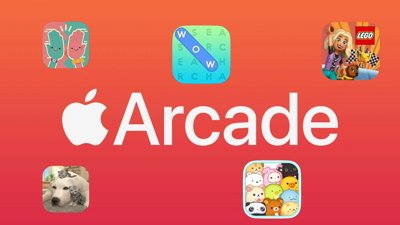
 Amber Neely
Amber Neely

 Wesley Hilliard
Wesley Hilliard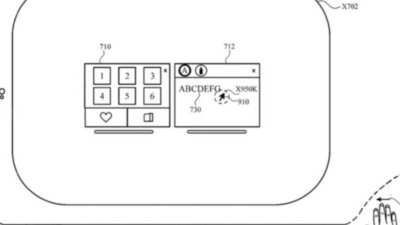

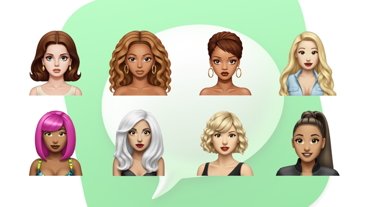
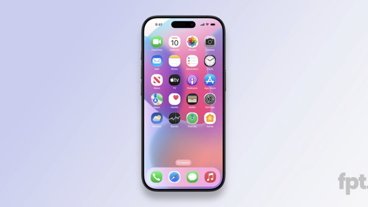








4 Comments
Can't wait for the comments on this one from people who didn't read the article.
Two things I don't understand: 1) Why didn't the designer apply for a patent for the concept of inclusive emoji rather than rely on a copyright for the artwork? 2) Wouldn't this case have more to do with the Unicode Consortium than with Apple?
This the kind of absurd lawsuit that Apple would routinely lose. Maybe they got better lawyers.
This is an interesting case, not because the lawsuit had any merit, but because of the story it tells about access to Apple and Google. Washington Post did an article on it, here:
https://www.washingtonpost.com/technology/2021/03/10/katrina-parrott-skin-tone-emoji-apple-lawsuit/
But even that article fails to state the obvious, which is the fact Apple didn’t introduce skin-tone modifiers for emoji in 2015. It was Unicode who did that. Apple was just implementing a new feature of Unicode. Parrott first made contact with Apple and showed them her work AT A UNICODE MEETING ABOUT THIS PROBLEM.
If she had been a silicon-valley startup funded by venture capital, she would have been bought out by Apple or (more likely) Google by the time of that Unicode meeting. There’s a quote in the article to that effect. But she wasn’t, so they hadn’t heard of her until that meeting. Even though she had an app on the App Store. So it’s really a story about access.